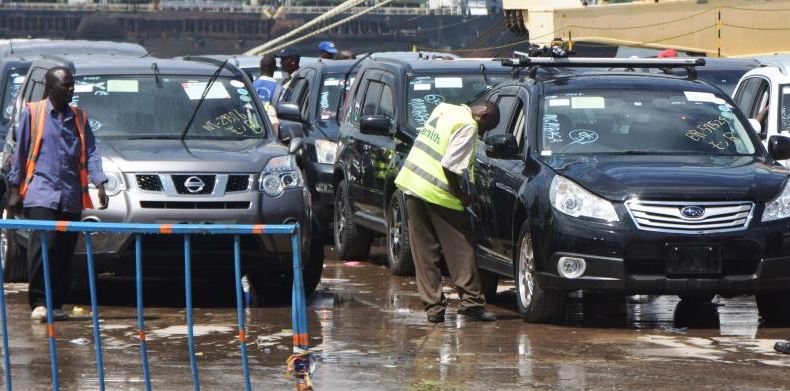×
The Standard e-Paper
Fearless, Trusted News

The Kenya Bureau of Standards (Kebs) has moved to end a nine-year monopoly enjoyed by a Japanese company that has been inspecting used motor vehicles, spare parts, and machinery imported into the country.
Kebs has now contracted two other firms Auto-Terminal Japan Company and Ms EAA Company Ltd to inspect vehicles imported into Kenya from Japan, United Arab Emirates, United Kingdom, Thailand, Singapore and South Africa.